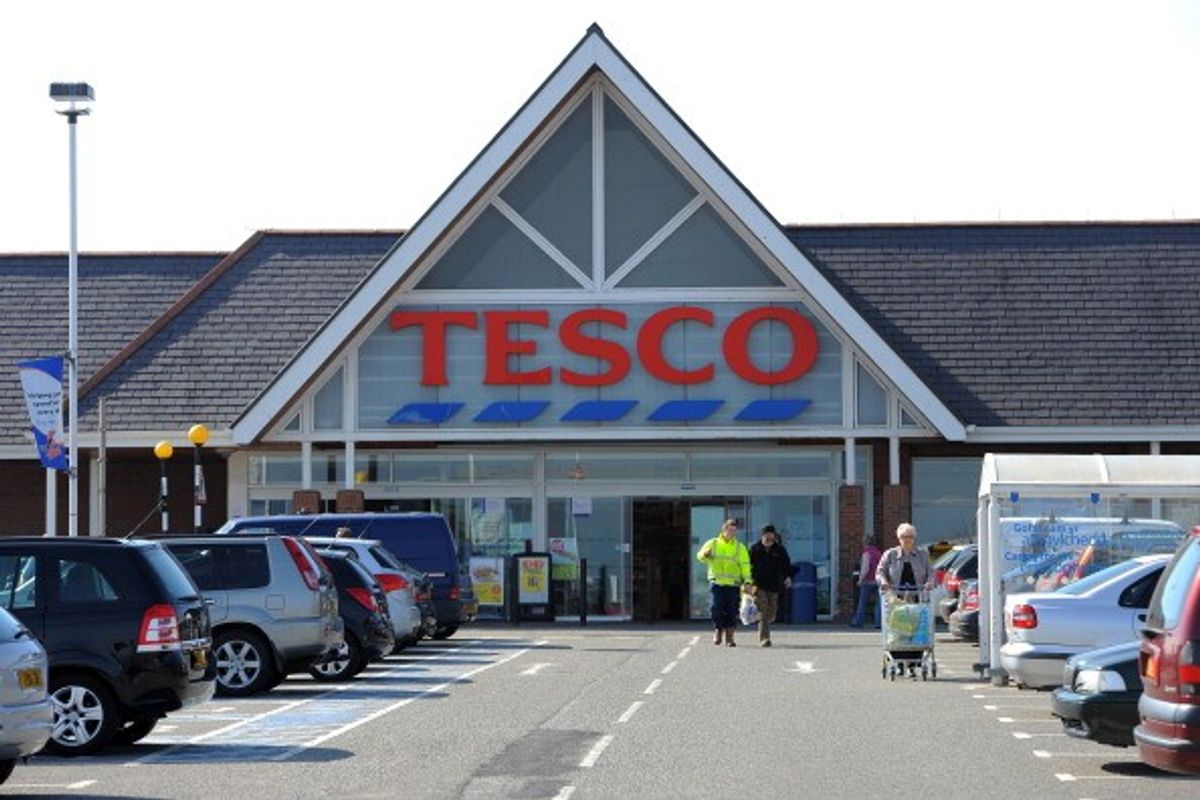Last month’s shock "request" by Tesco that its suppliers contribute to the cost of fulfilling its online operations could be the thin end of the wedge, warns the home delivery specialist, ParcelHero. It fears that other retailers will follow suit, imposing their own e-commerce fulfilment charges on their suppliers. And if the supermarkets succeed, retailers such as fashion and department stores could swiftly join the trend.
"Tesco’s request that its suppliers chip in towards the cost of its online fulfilment seems surprising," said ParcelHero’s Head of Consumer Research, David Jinks M.I.L.T. "Normally, manufacturers and producers supply their products at a trade price to a supermarket chain and the retailer then takes on the task of marketing, selling and delivering them. The costs involved in retailing would normally be Tesco’s responsibility, not its suppliers.
"Tesco’s email message to its suppliers explained: ‘Tesco shoulders the majority of fulfilment costs – whether it’s serving more than one million online orders a week or getting products to thousands of independent retailers and catering customers.’ Tesco’s shoulders are quite broad, however. The investment bank Morgan Stanley expects Tesco to report a bumper profit of £2.53bn for the year to mid-April.
"Tesco’s message to its suppliers continued: ‘This fee is essential as we work to fulfil more orders for our customers across the group and we are asking suppliers to engage on this request and to support us.'
"It's possible this 'support' could come at a price for its suppliers, however. According to the BBC, Tesco is asking suppliers to contribute a minimum of 12p per item on branded goods. That’s not much on a £45 bottle of tequila, but a massive chunk of the profit on a £1 can of sweetcorn. Small businesses with a turnover of less than £250,000 are expected to be exempt, but it’s thought that any suppliers making more than this will be asked to contribute. In fact, the BBC alleges, suppliers could be penalised if they do not agree to the new 'fulfilment fee'.
"This request effectively takes an axe to established retail practices. Traditionally, suppliers sell their products to stores at a trade price significantly lower than the retail price the stores’ customers pay. That’s because everyone recognises that the costs involved in retailers’ supply chains, sales and delivery can be hefty. Stores then sell the item at around the recommended retail price (RRP), which generally averages around two and a half times as much as the trade price (though margins may be lower for supermarkets than other types of stores).
"If Tesco does manage to pull this off and receive fulfilment contributions from its suppliers, you can be sure some other supermarkets won’t be far behind. Sainsbury’s, for example, faces similar overheads on its online operation, although the likes of M&S and the Co-op have outsourced much of their fulfilment to Ocado and Amazon respectively."


